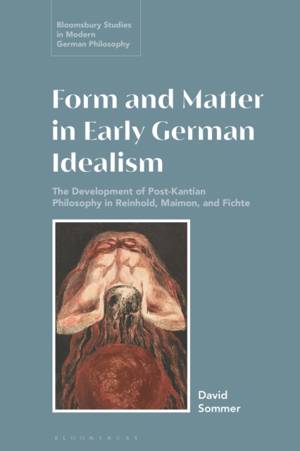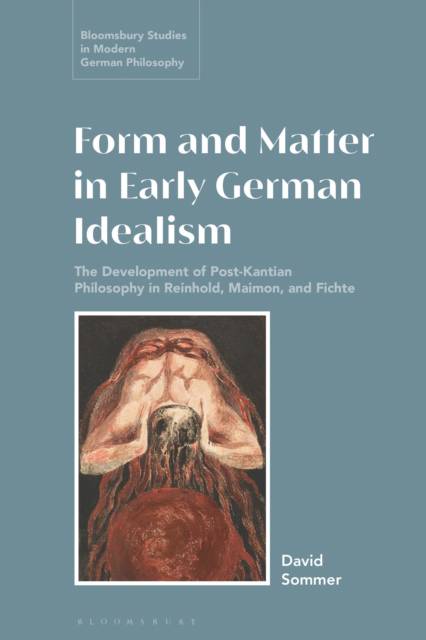
Bedankt voor het vertrouwen het afgelopen jaar! Om jou te bedanken bieden we GRATIS verzending (in België) aan op alles gedurende de hele maand januari.
- Afhalen na 1 uur in een winkel met voorraad
- In januari gratis thuislevering in België
- Ruim aanbod met 7 miljoen producten
Bedankt voor het vertrouwen het afgelopen jaar! Om jou te bedanken bieden we GRATIS verzending (in België) aan op alles gedurende de hele maand januari.
- Afhalen na 1 uur in een winkel met voorraad
- In januari gratis thuislevering in België
- Ruim aanbod met 7 miljoen producten
Zoeken
Form and Matter in Early German Idealism
The Development of Post-Kantian Philosophy in Reinhold, Maimon and Fichte
David Sommer
€ 129,95
+ 259 punten
Omschrijving
A pioneering book that sheds crucial light on the distinctions between Kant's philosophical project and German Idealism as a whole, resolving problems that are as relevant to scholars today as they were to Kant's immediate successors.
This ground-breaking study is the first detailed exploration of 'hylomorphism', or the division of all mental faculties and acts into form and matter. Identifying hylomorphism as the fundamental unifying dynamic in post-Kantian philosophy, David Sommer explores how Kant's idealist successors in the early 1790s-specifically Reinhold, Maimon and Fichte- mapped this dualism in the realm of cognition onto the physical world. Proceeding through close analyses of primary texts, Sommer addresses an important gap in the existing scholarship while opening up new avenues of research into the works of Kant and his successors. He illuminates key yet understudied philosophical concepts within their historical contexts, notably providing an in-depth examination of the complex and innovative early works of Maimon and Fichte. This is an essential contribution to our understanding of the origins of German idealism and Romanticism in general.Specificaties
Betrokkenen
- Auteur(s):
- Uitgeverij:
Inhoud
- Aantal bladzijden:
- 272
- Taal:
- Engels
- Reeks:
Eigenschappen
- Productcode (EAN):
- 9781350559592
- Verschijningsdatum:
- 25/06/2026
- Uitvoering:
- Hardcover
- Formaat:
- Genaaid
- Afmetingen:
- 156 mm x 234 mm
- Gewicht:
- 503 g

Alleen bij Standaard Boekhandel
+ 259 punten op je klantenkaart van Standaard Boekhandel
Beoordelingen
We publiceren alleen reviews die voldoen aan de voorwaarden voor reviews. Bekijk onze voorwaarden voor reviews.









